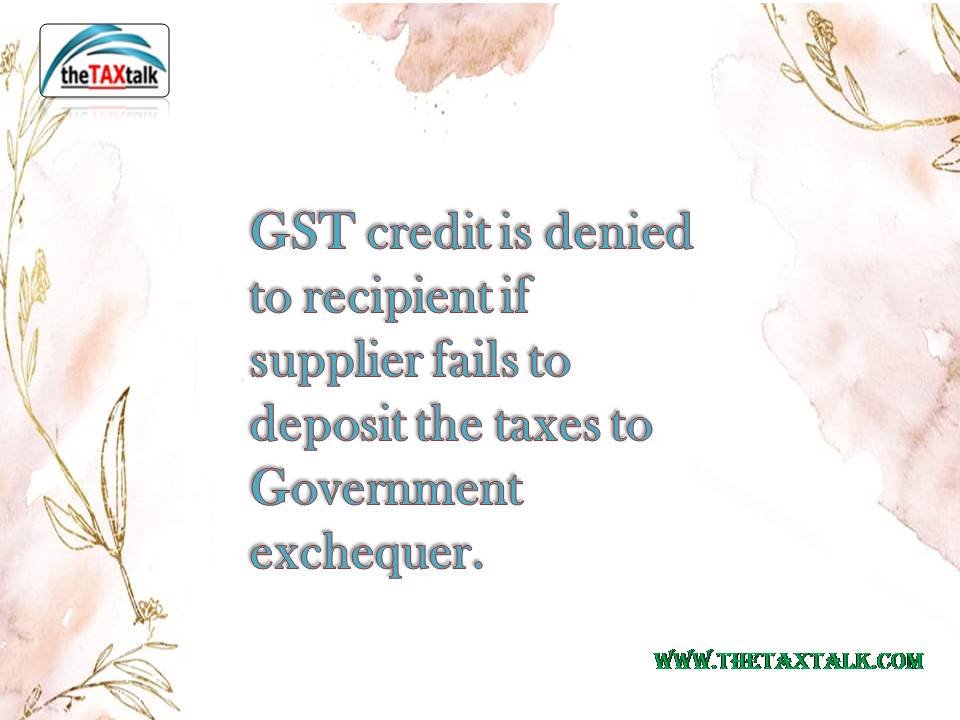As we enter the season of giving, you may see a lot of stores and companies giving back to the community, especially with so many people facing difficult times. Some may donate a portion of sales to a charity, and others may donate their products or services to a raffle or silent auction. If you own a self-employed business and want to contribute something, it’s important to understand the tax implications of donating.
Do you want to give back to your community through your business, but you’re not sure how it works tax-wise? If so, it’s not too different from an individual making a charitable donation.
How Donations Work if You Are Self-Employed
The rules for claiming charitable donations if you are self-employed can be the same as for individuals. If you donate your time and talents, you cannot claim it as a donation even if you and your business offer those services to the public. You can claim any expenses that are the result of those services, like driving to the location or supplies used, but the actual service itself cannot be claimed.
One area where it differs is if you make a donation and receive a benefit, such as an ad in a program, in return. If you make this type of donation and receive the benefit of an ad, you may be able to claim the donation as a business expense. This is common when you donate, such as to your local church, PTA, or other local organization for a small ad in a program. The organization may have it structured as a donation but you can claim it as an advertising expense.
With a personal donation, you must reduce the amount of your charitable donation deduction by the value of anything you receive in return. Lastly, as with personal donations, you must keep the acknowledgment from the not for profit charitable organization that received the donation.
Rules For Sole Proprietors
If your business is set up as a sole proprietorship and you are self-employed, the tax implications are quite simple.
- In general, if you make a donation to a registered 501(c)(3) charitable organization and you received nothing in return, then you can take a deduction for your donation as an itemized deduction on your individual tax return. With a sole proprietorship, you declare income on a Schedule C, but you cannot deduct contributions on your Schedule C. It must be claimed as an itemized deduction on your personal tax return as if you personally made the donation.
- From a business perspective, you could still announce your business’ intention to make a donation but simply have it be a personal donation. It’s unlikely anyone could consider that difference to matter in the slightest.
Rules For S Corporation or Partnership
- If you have an S Corporation or a Partnership, any donations made at the corporate or partnership level will pass through to each of the shareholders on the Schedule K-1.
When you file your taxes, your portion of the charitable donation will be claimed on your individual taxes. This is the season for giving and getting back!
Don’t worry about knowing these tax laws. Meet with a TurboTax Full Service expert who can prepare, sign and file your taxes, so you can be 100% confident your taxes are done right. Start TurboTax Live Full Service today, in English or Spanish, and get your taxes done and off your mind.






